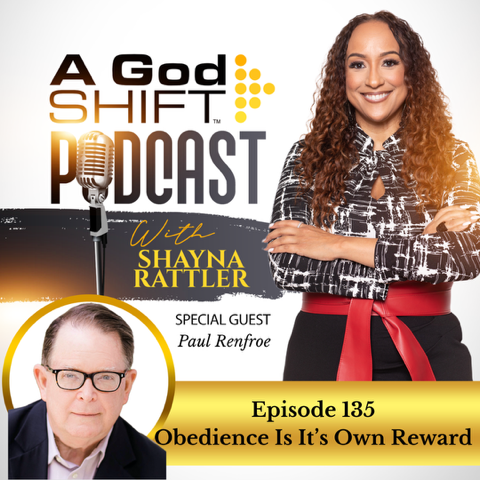The Bible teaches surefire ways to pray sinfully—and how to avoid them. But if you do want your prayers respected by God, don’t pray in these ways.
1. Cajole to show up. The prayers of the Baal prophets in 1 Kings 18 were idolatrous, so there was no one home to answer. But to poison your prayers, you too can dishonor the true God like they did. Like us, they wanted their God to “show up” believing that He was an unfaithful, come-and-go, capricious God. They demonstrated their sincerity in costly ways, ways different from ours, of course, but still the same manipulative behavior toward God.
In contrast stands Elijah, who simply desires God to make Himself known and call back Israel. Elijah actually makes it three times harder for his prayer to be answered—not manipulative. His prayer lasts about 1 minute, not 9 hours like the others. It all shows his faith in God’s faithfulness. But don’t be like that if you don’t want your prayers answered.
2. Act sanctimoniously to others. To turn God against your prayers, be like Eliphaz, Bildad and Zophar. They accused Job and found fault in Job’s relationship with God. God speci cally rebukes them.
Yes, Job said mean things about God, misinterpreting God’s motives. Yet God saw in Job’s tempestuous argumentation an uninterrupted faith in Him. God affrmed that Job’s prayer for the three “friends” would be answered if they repented.
3. Rely on the presence. Relying on “the presence of the Lord” cuts off our answers also. In Jeremiah 7:1-27 God speci cally rebukes reliance upon any “presence” concept such as the temple, filled 550 years before. Like the Baal prophets, they believed some security was needed to ensure He hadn’t left them. “The presence of the Lord” even enabled them to justify their sin.
In contrast stands Jeremiah, who never relied upon “the presence,” not even when he was sinking in the dungeon mud (Jer. 38). Like Job’s, Jeremiah’s tempestuous words with God stand in the Bible as examples of true faith, knowing God was not come-and-go, but fully engaged at all times with all individuals through thick and thin.
4. Pray many words to be seen. Jesus used the Jewish religious leaders to show how to pray sinfully (Matt. 6:5-14). “They think they will be heard for their much speaking” (v. 7b)—just like the Baal prophets. Those were only responding to public pressure, but Jesus’ contemporaries went out of their way to be seen by men.
They grimaced during fasts and prayed ostentatiously on street corners. This is an excellent way to avoid answered prayer. In contrast stands the pure motive Jesus commended: to be seen by God. Also contrasting is the same underlying faith of Job and Jeremiah, that God is always fully engaged with each of us. In the place of many words to be seen by men, the Lord’s Prayer commends the attitude of a Beatitude person.
5. Don’t forgive. In the same passage, Jesus states that not forgiving someone turns God against our prayer. This is an unseen attitude of the heart, in contrast to the visible praying described above. God knows if you are not forgiving. Of course, if you do want your prayers answered, keep a constant vigilance to spot any unforgiveness in your heart.
6. Have sort-of faith. James 1:6-8 plainly shows us how to turn God against our prayers: pray with doubt in God, and doubt whether He gives liberally to all men without distinction. In contrast stands prayer with faith in God’s trustworthiness. Reserving His right to determine the best answer to our prayers is not doubt in His magnanimous generosity.
7. Be self-centered. Pray to spend what you get on yourself, a sure way to cut off the answers (James 4:3-5). Comfort-seeking, pain avoiding people can pray that way which shows our primary friendship is not with God. This provokes God’s jealousy for our prime loyalty. Treating God as your butler will usually keep your prayers unanswered.
8. Don’t be meek. Jesus’ parable in Luke 18:9-14 is plain. Like the Pharisee, you can use your manipulative religious compliance to make God indebted to you—a very effective method for preventing answered prayer.
The tax collector’s prayer was answered. How? He recognized his own poverty of spirit, beat his breast with mourning about it, expected nothing because of it, and only pled for God’s mercy. He was a Beatitude person. Of course you do not want to pray sinfully, so be vigilant to spot it. Like the tax collector, recognize your poverty of spirit, mourn about it and lower your expectations in meekness because of it. Such people have an exalted standing with God.
Paul Renfroe is an ordained minister with Christian International as well as a businessman. His book, The Pains of the Christian, is available on christianwhatareyou.com.




Recent Comments